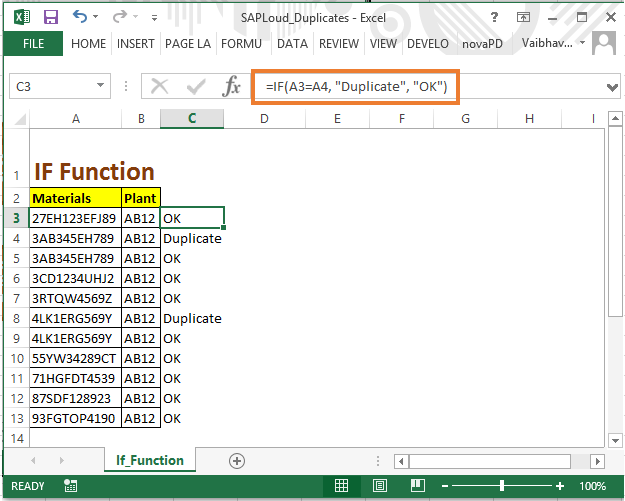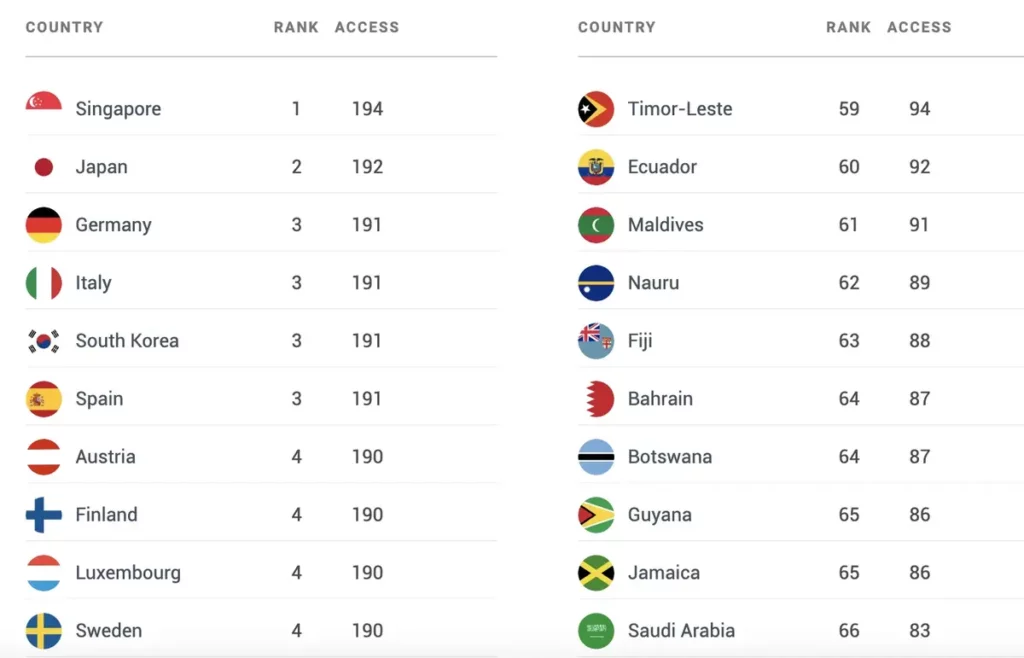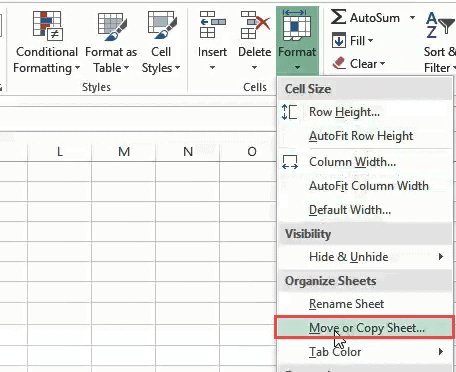Effortlessly Duplicate Your Excel Sheet: A Quick How-To Guide

When working with Microsoft Excel, there are numerous reasons why you might need to create a copy of your spreadsheet, from preserving original data to running what-if scenarios. Fortunately, Excel provides multiple methods to duplicate a sheet, allowing you to work efficiently and safeguard your original data.
Copy Sheet to End of Workbook

Duplicating a sheet and placing it at the end of your workbook is one of the simplest methods:
- Right-click on the sheet tab you wish to copy.
- From the dropdown menu, select Move or Copy….
- In the dialog box, choose (move to end) from the list and make sure Create a copy is checked.
- Click OK.
Copy Sheet to a Different Workbook

If you want to copy a sheet into another workbook:
- Right-click the desired sheet tab.
- Choose Move or Copy….
- From the “To book” dropdown, select the workbook where you want the sheet to be copied.
- Select the position in the new workbook where you want to place the copied sheet.
- Check Create a copy.
- Click OK.
Use Keyboard Shortcuts

Keyboard enthusiasts can streamline the process:
- To copy within the same workbook:
- Hold Ctrl and drag the sheet tab to the desired location.
- Or press Ctrl+Shift+Alt, then drag the sheet to create a copy.
- To copy to another workbook, you can use similar keyboard methods if both workbooks are open.
VBA Macro for Duplication

For those familiar with VBA, automating this task can save even more time:
Sub DuplicateSheet()
Dim ws As Worksheet
Set ws = ThisWorkbook.Sheets("Sheet1")
ws.Copy After:=ThisWorkbook.Sheets(ThisWorkbook.Sheets.Count)
End Sub
This macro will duplicate "Sheet1" and place the copy at the end of the workbook.
Protecting and Renaming Copies

After creating a duplicate:
- Protection: Consider protecting the sheet or cells to prevent unintended changes.
- Renaming: Right-click the new sheet tab and choose Rename to give it a descriptive name.
🔍 Note: When you copy a sheet, all its contents, formulas, and formatting are duplicated. This includes hidden rows and columns, which might not be immediately visible.
The ability to duplicate an Excel sheet is indispensable for data management, scenario analysis, and backup purposes. Whether through simple clicks, keyboard shortcuts, or VBA macros, Excel offers flexible ways to ensure your data is duplicated safely and efficiently. This allows you to experiment, compare, or keep a clean original while working on different versions of your data.
Why would I need to duplicate an Excel sheet?

+
Duplicating sheets allows for backup, scenario analysis, or working with different versions of data without altering the original.
Can I duplicate multiple sheets at once?

+
Yes, with VBA macros, you can automate the duplication of multiple sheets or even all sheets in a workbook.
What happens to links and references when duplicating a sheet?

+
Excel will update all internal references to point to the new sheet, but external references will remain unchanged, potentially requiring manual updates.
Does duplicating a sheet preserve all data validation rules?

+
Yes, all data validation rules, conditional formatting, and other settings are preserved when you duplicate a sheet.
Can I automatically name the duplicated sheets?

+
Yes, with VBA, you can define the name of duplicated sheets either manually or by using variables that append numbers or dates.



